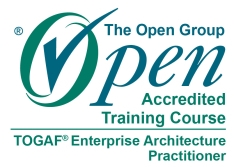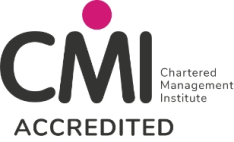 To help and support our clients we are providing a limited number of 250 daily discount codes. Hurry, first come, first served!
To help and support our clients we are providing a limited number of 250 daily discount codes. Hurry, first come, first served!
Lean Six Sigma Certification Training FAQs

Why we're the go to training provider for you

Best price in the industry
You won't find better value in the marketplace. If you do find a lower price, we will beat it.

Trusted & Approved
We are accredited by PeopleCert on behalf of AXELOS

Many delivery methods
Flexible delivery methods are available depending on your learning style.

High quality resources
Resources are included for a comprehensive learning experience.




"Really good course and well organised. Trainer was great with a sense of humour - his experience allowed a free flowing course, structured to help you gain as much information & relevant experience whilst helping prepare you for the exam"
Joshua Davies, Thames Water



Looking for more information on Lean Six Sigma Certification Training
 Top 20 Lean Six Sigma Interview Questions and Answers
Top 20 Lean Six Sigma Interview Questions and Answers Lean Six Sigma Black Belt Salary: An Overview
Lean Six Sigma Black Belt Salary: An Overview What is Lean Six Sigma Green Belt?
What is Lean Six Sigma Green Belt? What is Lean Six Sigma Black Belt?
What is Lean Six Sigma Black Belt? What is Lean Six Sigma Yellow Belt?
What is Lean Six Sigma Yellow Belt? Lean Six Sigma Tools
Lean Six Sigma Tools How to Implement Lean Six Sigma? Explained
How to Implement Lean Six Sigma? Explained How to get Certified in Lean Six Sigma?
How to get Certified in Lean Six Sigma?




















 If you wish to make any changes to your course, please
If you wish to make any changes to your course, please


